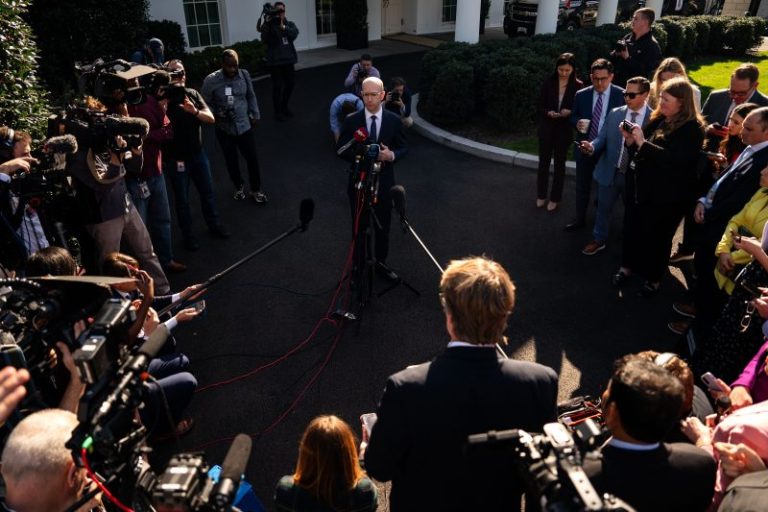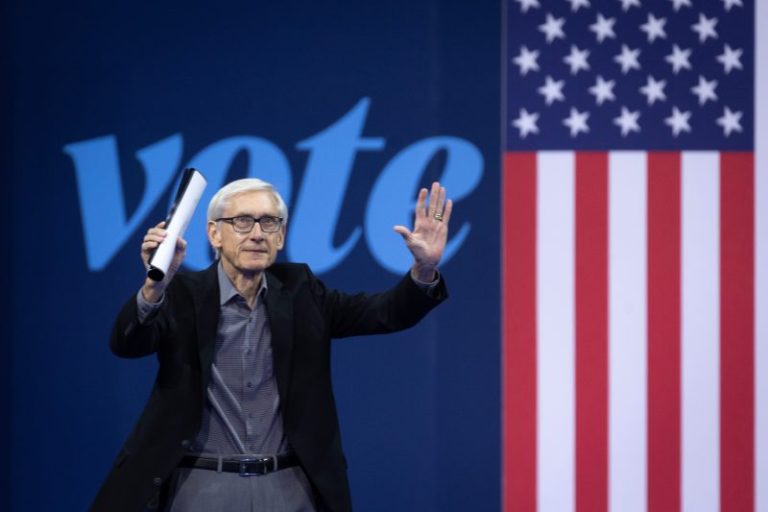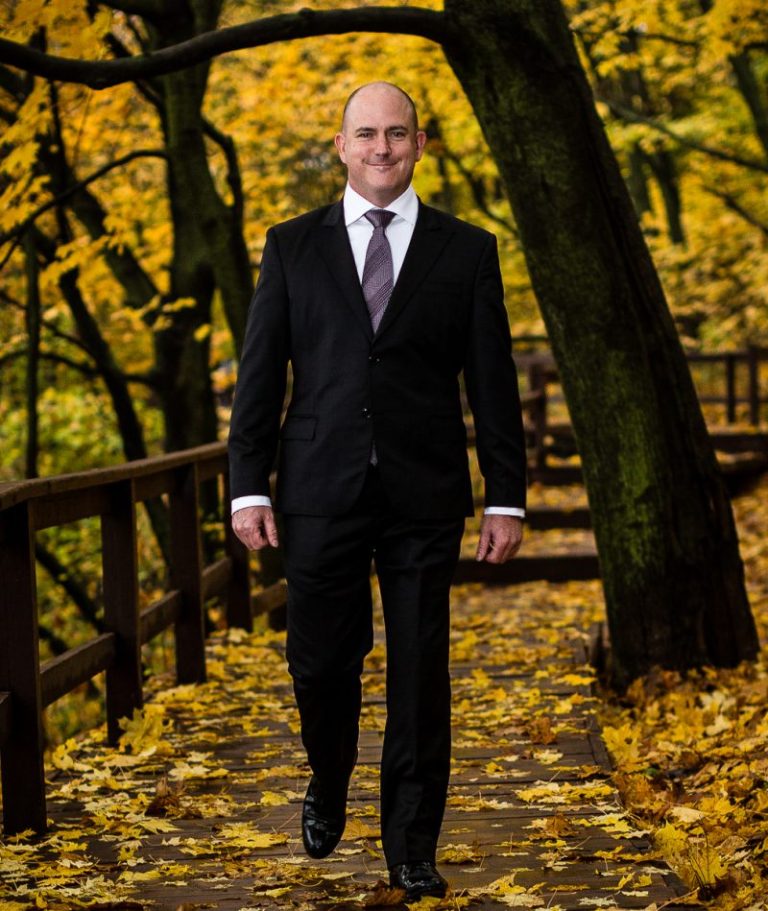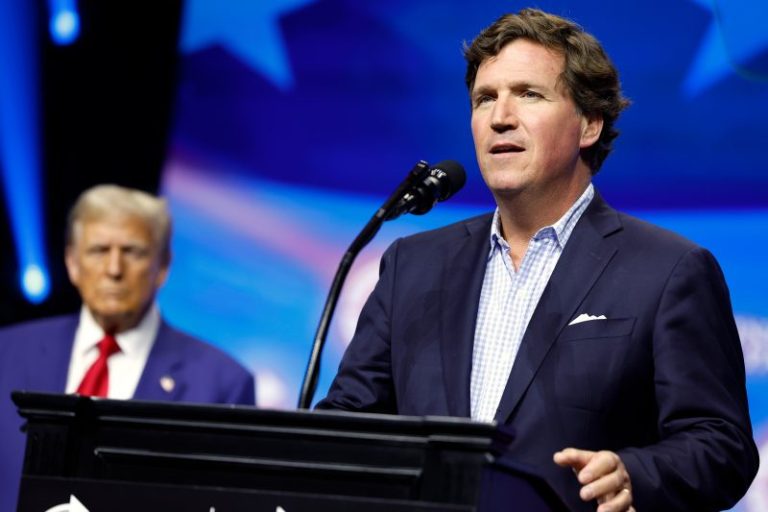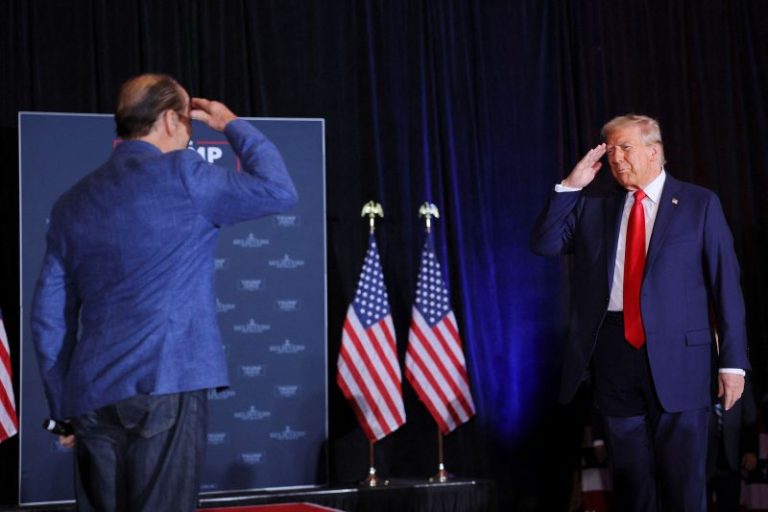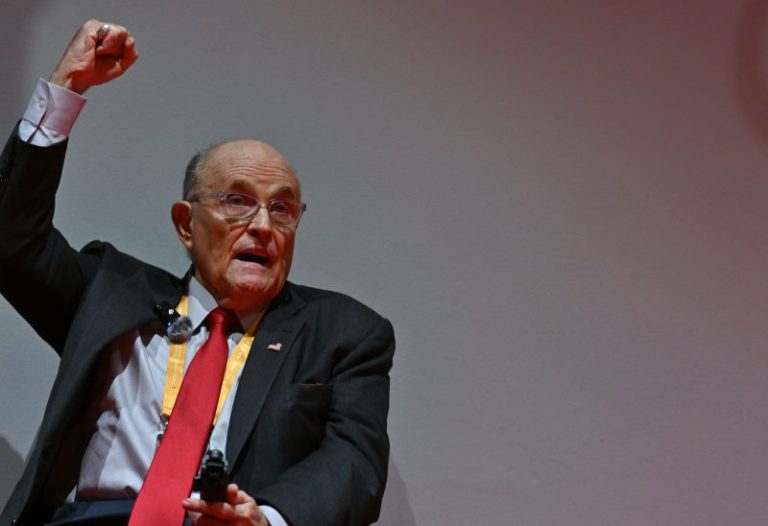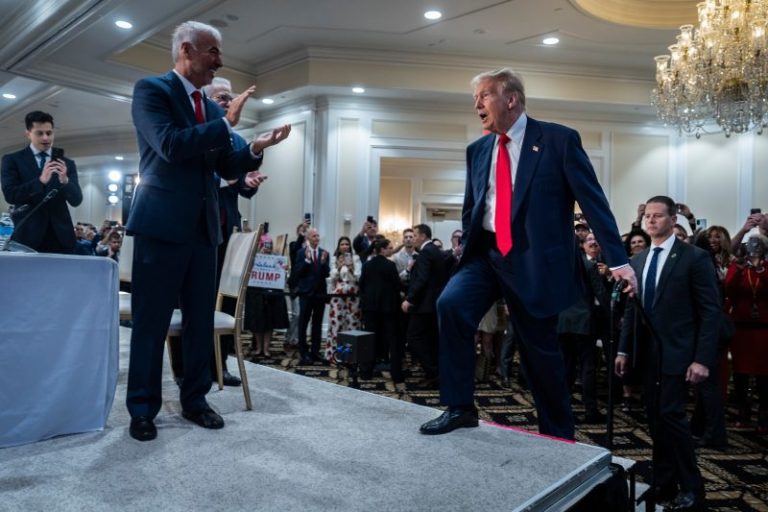In the final three weeks of the presidential race, former president Donald Trump and his advisers have attacked one particular foe more than three dozen times: a little-known Kamala Harris aide named Ian Sams.
The feud with Sams, a bespectacled 35-year-old longtime foot soldier in Democratic politics, started when Sams did what few Democrats are willing to do: He went on Fox News.

